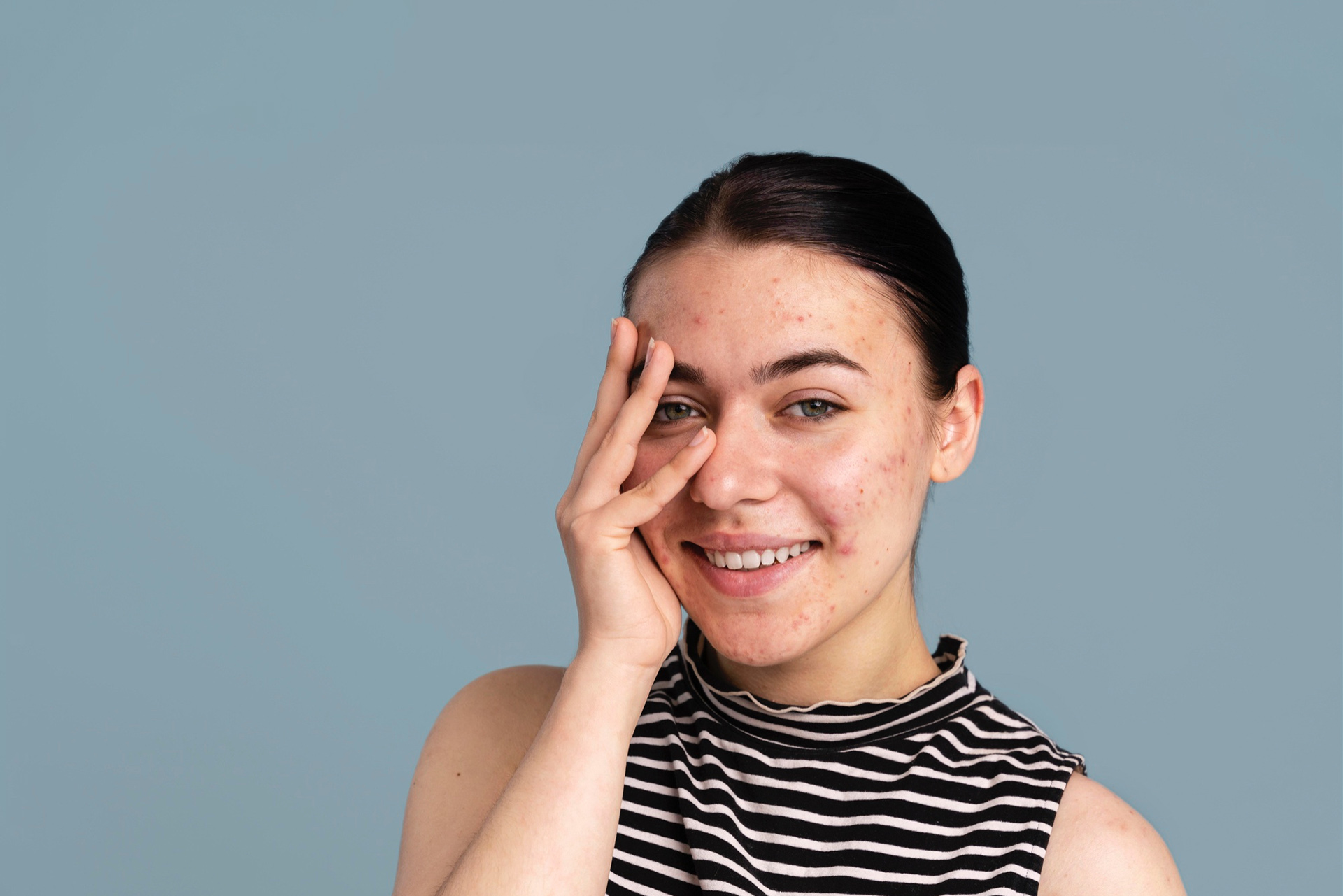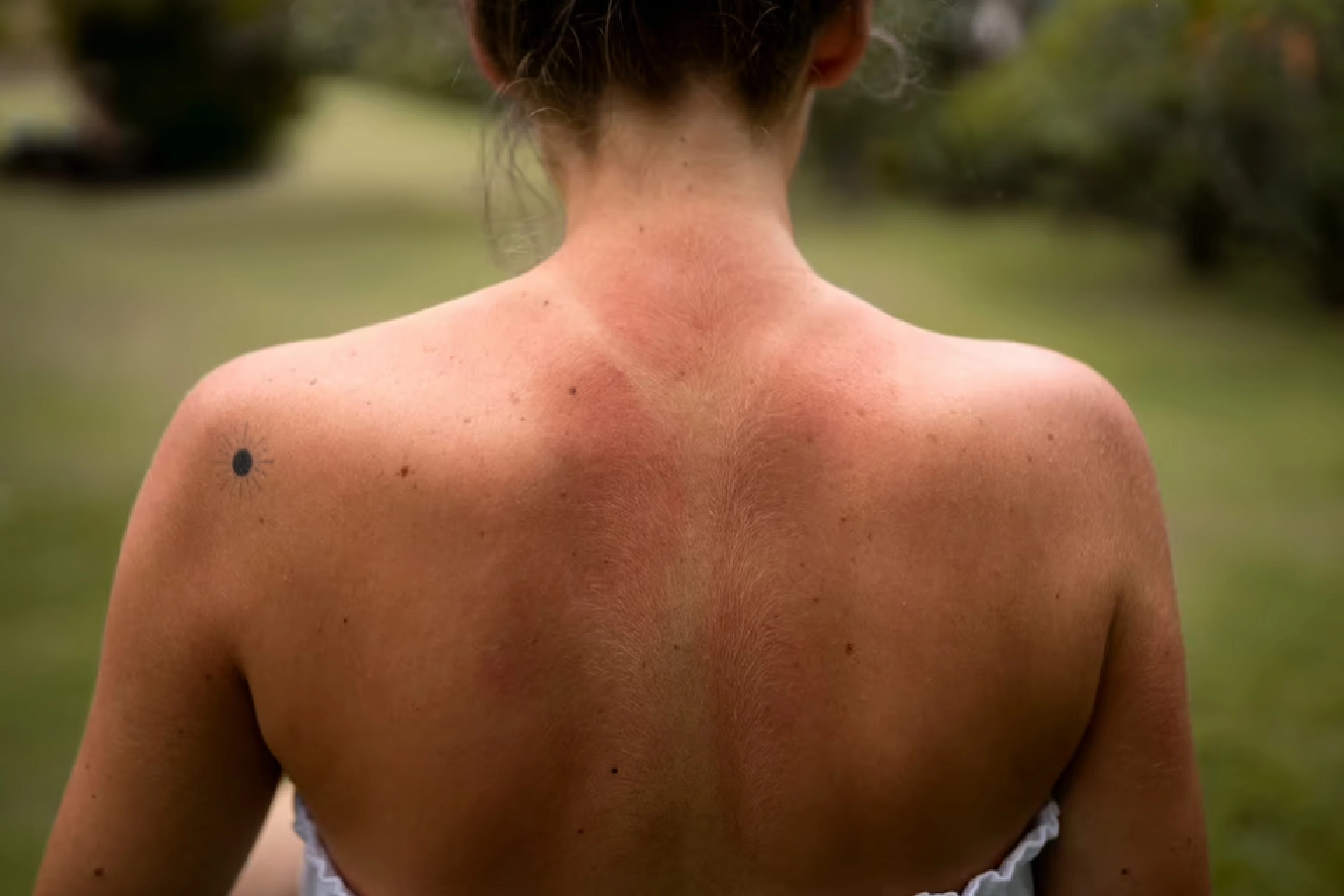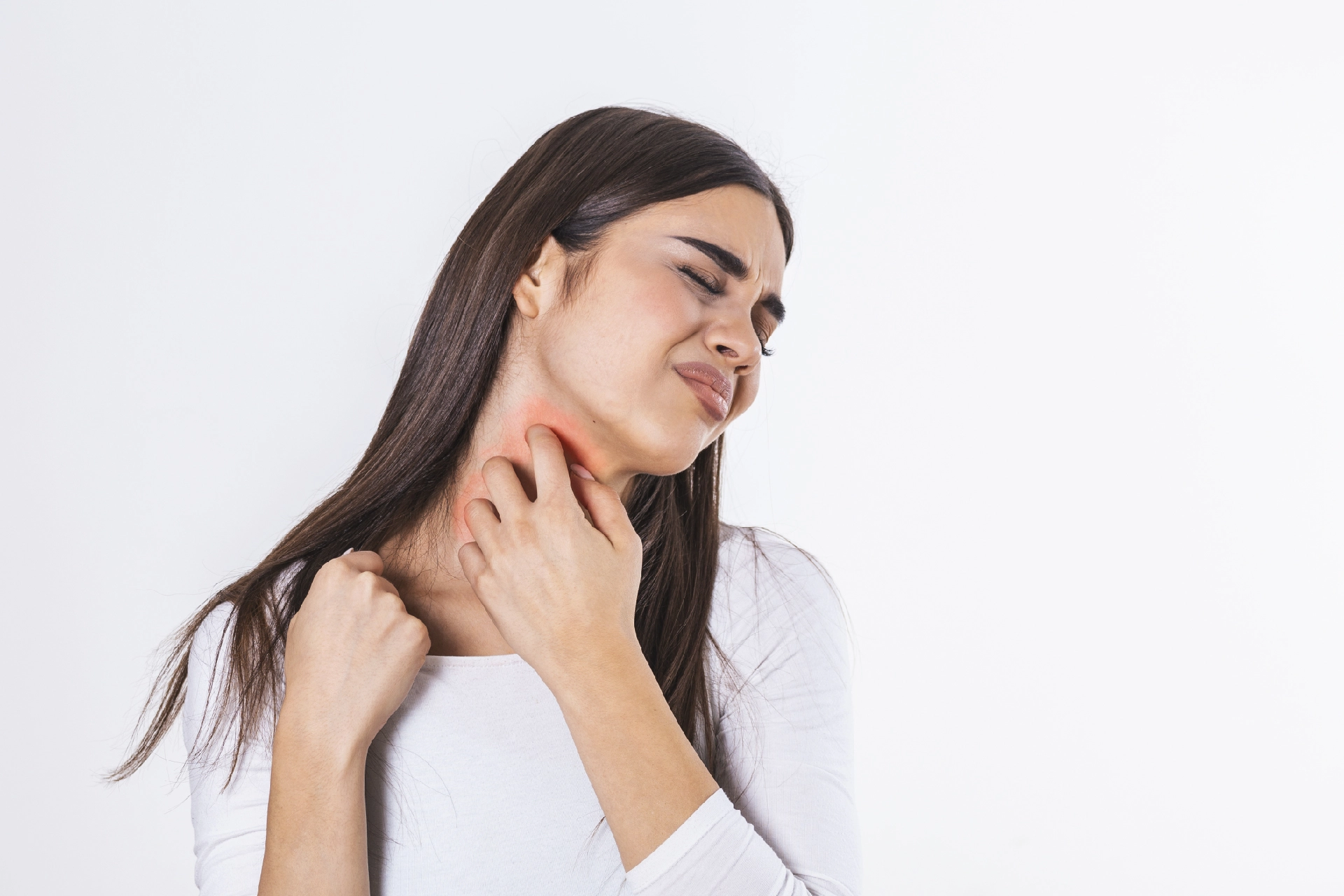Prosthodontics | 5 min read
Rosacea Symptoms, Causes and Types: 3 Important Things You Need to Know!
Medically reviewed by
Table of Content
Key Takeaways
- Rosacea is more common among females compared to males
- Blushing or flushing on the face are some of the rosacea symptoms
- There are four types of rosacea which can be controlled with treatments
Rosacea is a common chronic condition that mostly affects facial skin. It is characterized by redness on the forehead, nose, cheeks, and chin. It may further become severe and make the small blood vessels visible. In certain cases, it develops on the scalp, ears, neck, and chest. Rosacea may cause small, pus-filled bumps if not treated. The symptoms may flare up for weeks to months and then subside for a while. The condition can also affect the eyes.
As per a study published in the British Journal of Dermatology, around 415 million people in the world have rosacea [1]. Another global study about the prevalence of rosacea found that 5.46% of the adult population is affected by this condition [2]. In India, rosacea accounts for 0.5% of all dermatology consultations [3]. Read on to know about the rosacea symptoms and what causes them.
Additional Read: Contact DermatitisRosacea symptoms
The rosacea symptoms may vary for each affected person. All of the signs may not appear at once. However, a person with the condition will have at least one of the following symptoms:
- Redness on nose, chin, cheeks, forehead, ears, neck, head, and chest
- Persistent blushing or flushing in the central part of your face
- Large pores
- Dry and rough skin patches
- Visible veins - small blood vessels in the nose and cheeks that break and become visible
- Broken blood vessels or bumps on the eyelids
- Plaques - raised red patches
- Swollen bumps or acne-like pimples that sometimes contain pus
- Vision problem
- A stinging or burning sensation on the affected skin - hot or tender skin
- Problems with the eyes - dryness, irritation, redness, pain, and swelling of the eyes or eyelids
- Thickening of the skin on the nose or an enlarged nose
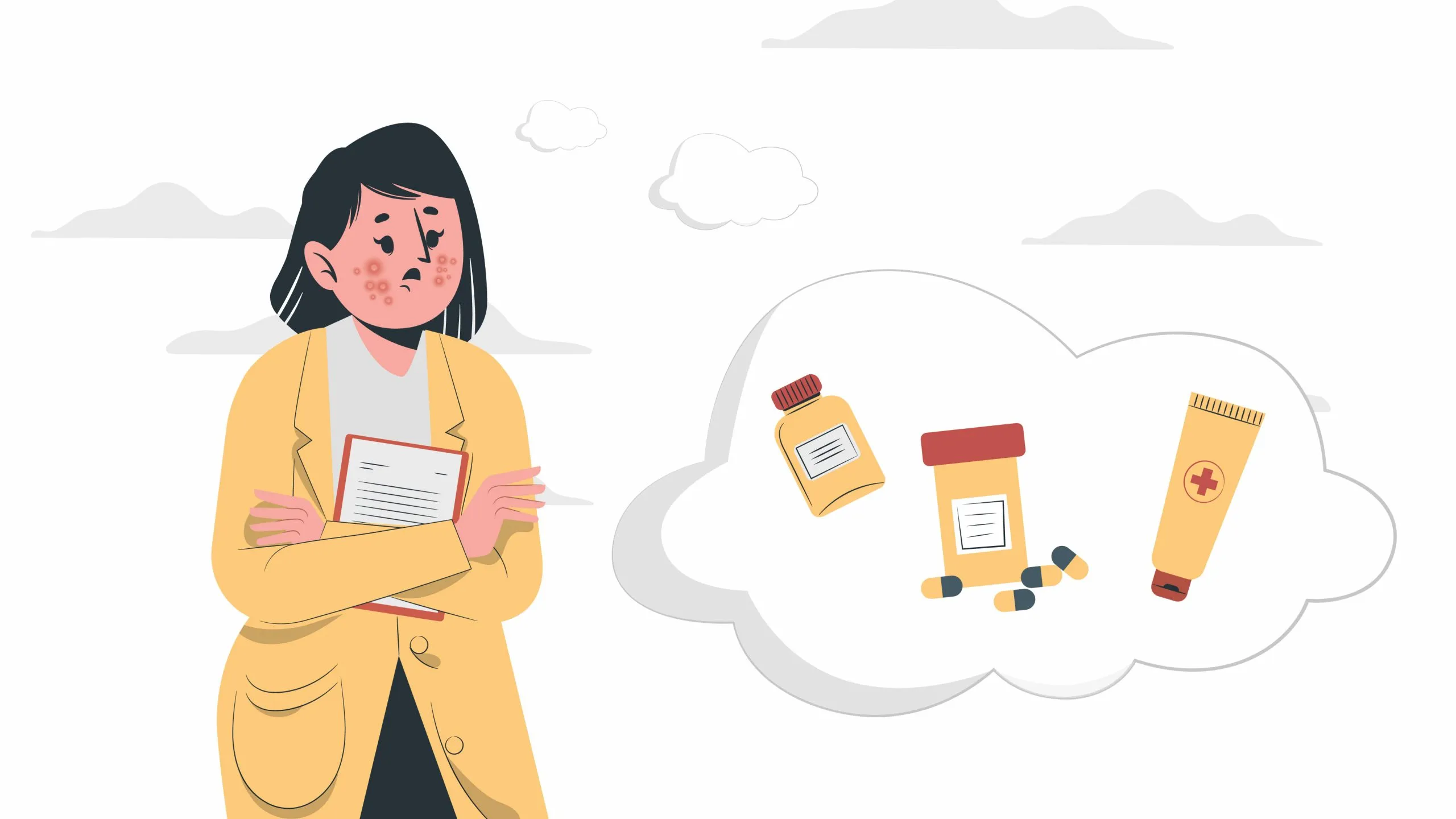
Rosacea causes
Although the exact rosacea causes are not known, it may occur due to factors like heredity, environment, or an overactive immune system. The following risk factors can cause or increase the chances of developing this disease.
Genes
It can be hereditary and you are at a higher risk if you have a family history of this condition.
Age and gender
People between the ages of 30 and 50 years are more likely to get rosacea. Also, women are more at risk of developing this condition than men.
Characteristics
People with light skin, blue eyes, and blonde hair are more likely to develop this disease.
- Bacteria

- Mites
These are insects that live on the skin and generally do not cause harm. However, too many of these bugs can irritate the skin and lead to rosacea.
- Blood vessel issues and weak skin
If you have problems with your blood vessels in your face, it will cause redness on your skin. Also, if you have skin that burns easily, your chance of getting this disease will be high.
- Smoking
People who smoke are said to be more at risk of developing this disease.
Besides, flare-ups may be triggered by hot drinks, spicy foods, red wine, extreme temperatures, sun exposure, exercise, emotions, certain cosmetics and skin or hair products, and drugs including blood pressure medications.
Types of Rosacea
There are four types of rosacea:
Erythematotelangiectatic rosacea
This type occurs when your face becomes persistently red. This condition is caused by enlargement of the small blood vessels inside your face.
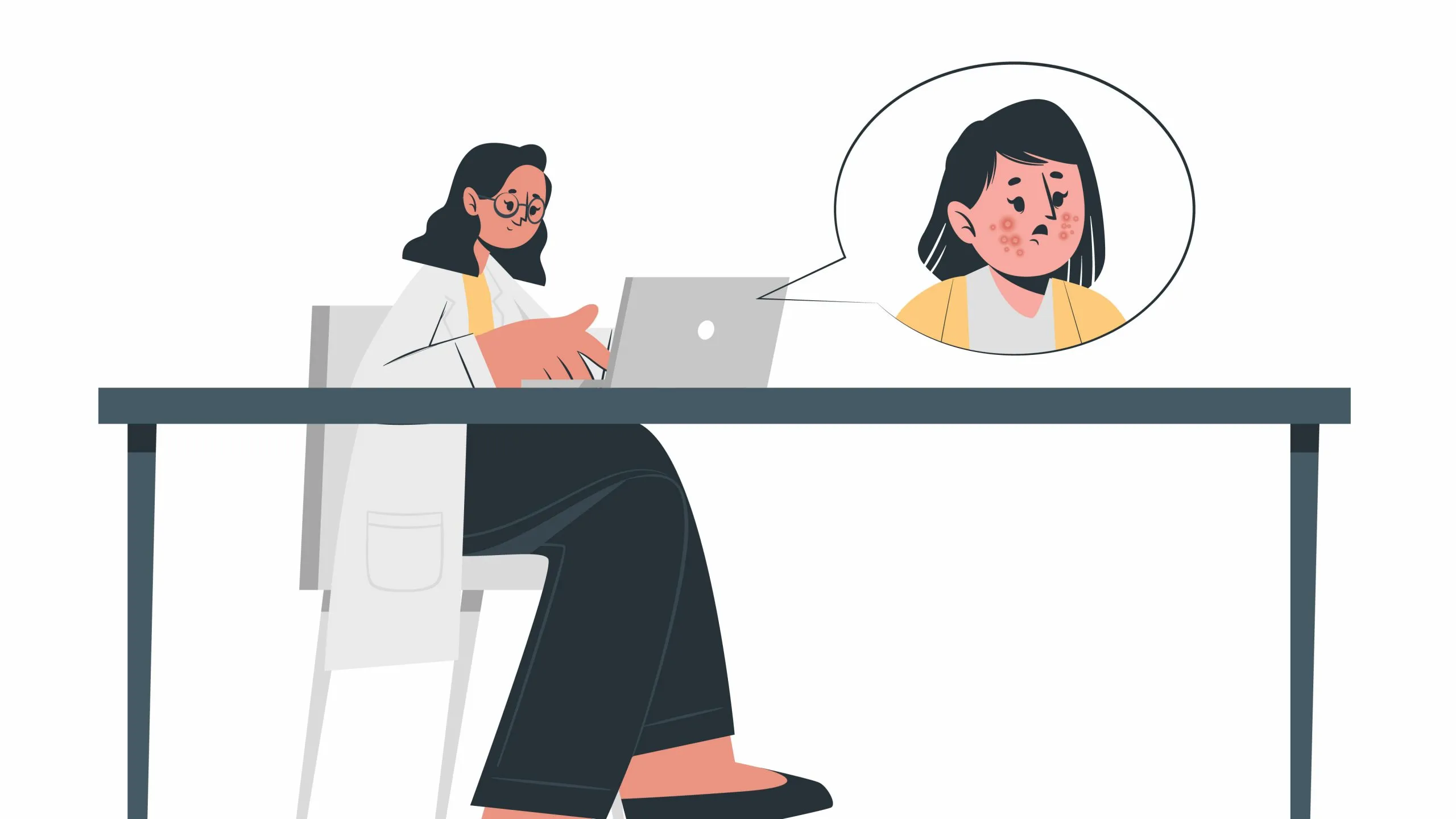
Papulopustular rosacea
This condition is characterized by pus-filled blemishes, and red, swollen bumps. They are often mistaken for acne. Papulopustular rosacea mostly occurs on the forehead, cheeks, and chin. Apart from the whitehead pustules, redness and flushing may appear on your face. In cases of severe papulopustular rosacea, up to 40 blemishes may appear and take a long time to subside. These blemishes may also appear on the neck, scalp, and chest.
Phymatous rosacea
In this type, your skin thickens and becomes bumpy and discolored. It may also cause scars and swelling on your skin. It is a rare type of rosacea that occurs mostly in men compared to women. It often affects the nose and leads to rhinophyma or bulbous nose. This condition is treatable with laser or light-based procedures.
Ocular rosacea
In this condition, the symptoms mostly affect your eyes. You may have red and watery eyes. A burning sensation or irritation in the eyes, persistently dry and sensitive eyes, and forming of cysts on the eyelids are all symptoms of ocular rosacea. The link between skin and eyes makes this type of ocular rosacea increasingly common.
Additional Read: Sarpa SuttuAlthough there is no cure for these medical conditions, rosacea treatment focuses on controlling and reducing the signs and symptoms of this disease. Following skin care tips such as avoiding sun and wind exposure, limiting alcohol intake, and reducing emotional stress can help reduce the risk. For better care, book an online appointment with doctors near you on Bajaj Finserv Health. Here, you can consult with the best dermatologists and skincare experts for your skin health. If you want to protect yourself from any disease, you can avail of health insurance.
References
Disclaimer
Please note that this article is solely meant for informational purposes and Bajaj Finserv Health Limited (“BFHL”) does not shoulder any responsibility of the views/advice/information expressed/given by the writer/reviewer/originator. This article should not be considered as a substitute for any medical advice, diagnosis or treatment. Always consult with your trusted physician/qualified healthcare professional to evaluate your medical condition. The above article has been reviewed by a qualified doctor and BFHL is not responsible for any damages for any information or services provided by any third party.
